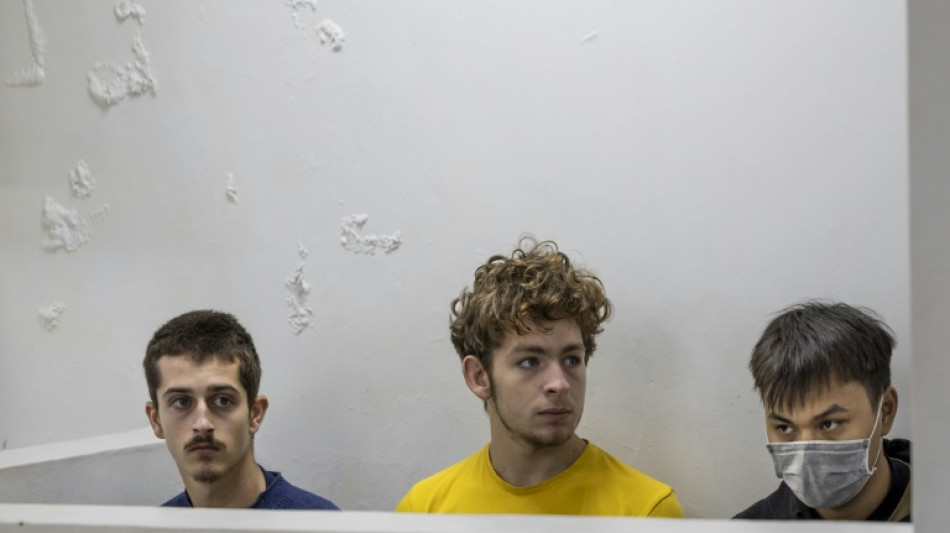

Kenya court fines teens for trying to smuggle protected ants
A Kenyan court on Wednesday fined four people, including two Belgian teenagers, more than $7,000 for attempting to smuggle thousands of live ants out of the country.
The case has received considerable attention after the Kenyan Wildlife Service (KWS) accused the four of engaging in "bio-piracy".
David Lornoy and Seppe Lodewijckx, both 18 of Belgium, Duh Hung Nguyen of Vietnam and Dennis Nganga of Kenya all pleaded guilty to possession of the ants, but denied seeking to traffic them.
Lornoy and Lodewijckx were arrested in possession of 5,000 queen ants packed in 2,244 tubes in Nakuru County, around 160 kilometres (100 miles) from the capital Nairobi.
Duh and Nganga were found with ants stored in 140 syringes packed with cotton wool and two containers, according to a charge sheet seen by AFP.
The two cases were separate but all four were tried together.
Lornoy was described as an "ant enthusiast" who kept colonies at home in Belgium and was member of a Facebook group called "Ants and Ant Keeping", according to the sentencing report.
He told investigators he was not aware that transporting the ants was illegal.
Police had put the value of the ants taken by the Belgians at one million shillings ($7,740).
The haul included the rare Messor cephalotes species, a single queen ant of which currently sells for at least $99, according to the court report.
Possession of any wildlife specimen or trophy without a permit is a criminal offence in Kenya, with suspects normally subject to a fine of up to $10,000 and five years or more in prison.
The court ultimately sentenced all four to a fine of one million shillings ($7,740), or a year in prison if they failed to pay.
The court said Lornoy and Seppe "do not come across as typical poachers" and were ignorant of the law.
But it said the case reflected a script "that has been played out before in centuries gone by... of Africa having resources that are plundered by the West and now the East".
The KWS said their action was not only a "wildlife crime but also constitutes bio-piracy".
The suspects "intended to smuggle the ants to high-value exotic pet markets in Europe and Asia, where demand for rare insect species is rising", it said in a statement.
R.Schiltz--LiLuX



